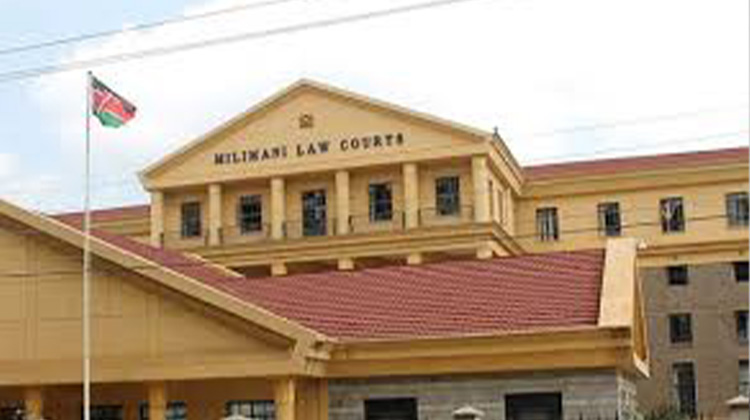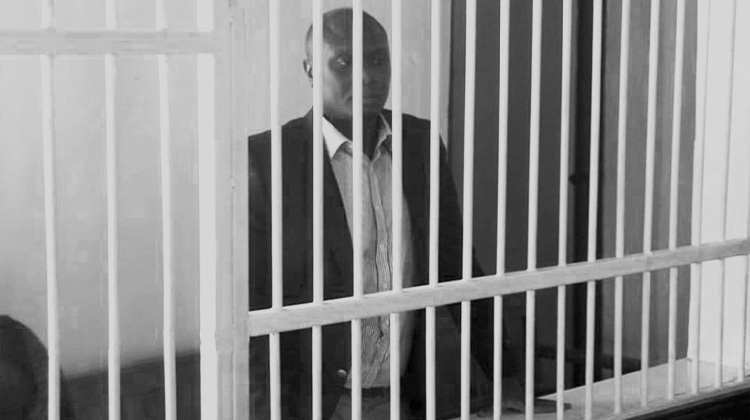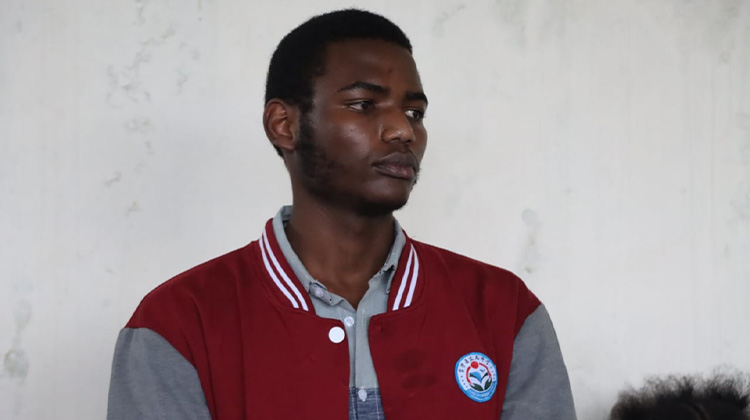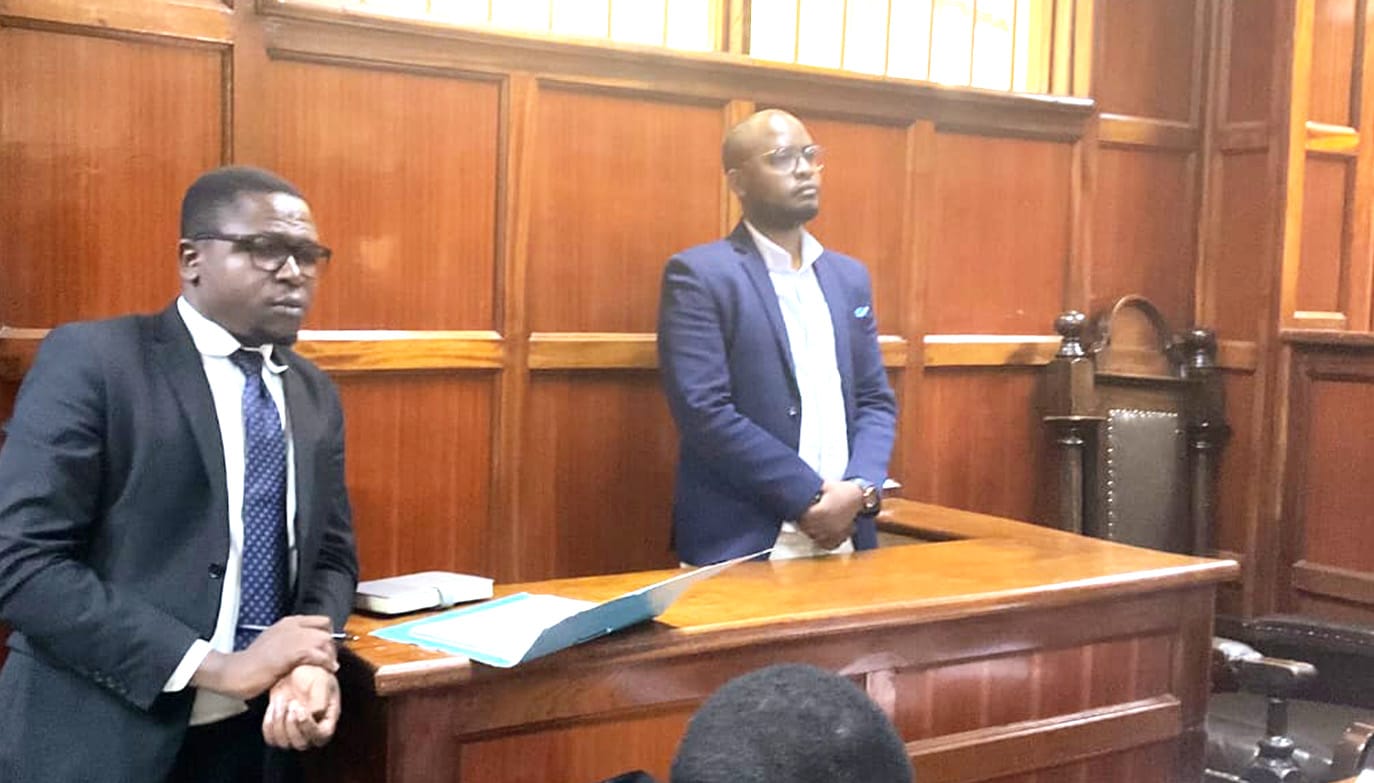In a significant legal ruling on October 1, 2025, the High Court in Nairobi dismissed a bid by the government’s Assets Recovery Agency (ARA) to forfeit millions of shillings belonging to former Nairobi Governor Mike Sonko Mbuvi Gidion Kioko. The court found the evidence presented by the agency to be insufficient to prove that the funds in his ten bank accounts were the proceeds of crime.
The civil case sought the permanent forfeiture of over Ksh 18.5 million and approximately USD 67,906 found in various accounts at Equity Bank, Diamond Trust Bank, and Co-operative Bank. The ARA had argued there were reasonable grounds to believe the money was illicit, alleging it was derived from money laundering activities involving public funds from the Nairobi City County Government.
The agency’s investigator, Corporal Sautet Jeremiah, stated in an affidavit that between August 2017 and December 2019, the accounts received huge, suspicious cash deposits. He described this as a clear case of “splitting, smurfing and placement of funds” designed to conceal their origin. The ARA also noted that Mr. Sonko faced related criminal charges, including money laundering and conflict of interest, filed in late 2019 and early 2020.
Through his lawyer, Harrison Kinyanjui, the former governor mounted a robust defence, denying all allegations of money laundering. “It is one thing to have suspicion about someone money laundering and the theft of county government funds and it’s another thing to prove that indeed the suspicions are based on actual facts.”
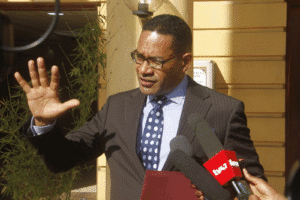
Kinyanjui successfully argued that the funds were legitimate, originating from Sonko’s established business enterprises and, crucially, from the sale of several properties totaling over Ksh 572 million.
“Hon. Sonko’s lead evidence, which the court has analysed, shows that even before he became the Nairobi city governor he was engaged in businesses, he was engaged in the sale of real estate assets which brought him cash on a regular basis to his account.” said Lawyer Kinyajui.
The defence provided substantial documentary evidence, including sale agreements, to support this claim, explaining that deposits into bank safe lockers were a legitimate method of securing wealth from these transactions.
In his judgment, Justice Prof. (Dr.) Nixon Sifuna delivered a stinging critique of the ARA’s investigation. He found that the agency had failed to meet its legal burden of proving on a balance of probabilities that the funds were proceeds of crime.
The judge highlighted that the investigator did not provide bank statements from the period before Mr. Sonko became governor, which would have been essential for a fair comparison of his financial activity. He described this selective use of data as “either dishonest or rash,” and a form of “cherry-picking” that undermined the agency’s case.
The judge further faulted the investigator for not verifying the property sales presented by Lawyer Kinyanjui, noting that no attempts were made to interview the named buyers or confirm the transactions.
No witness statements were annexed to the ARA’s affidavit, relying solely on the investigator’s assertions. The judge emphasized that suspicion must be reasonable and founded on concrete evidence, stating that an agency cannot “wake up one day and start investigating someone,” and that investigations must be “thorough, air-tight and water-tight.”
Consequently, the court dismissed the ARA’s suit with costs and ordered that the preservation orders placed on the funds since February 2020 be immediately discharged. The ruling mandates that all funds be released forthwith to Mr. Sonko.



